Question on best set up with oil as a fuel / burner & water heater
jsg26
9 years ago
Related Stories

GREAT HOME PROJECTSHow to Switch to a Tankless Water Heater
New project for a new year: Swap your conventional heater for an energy-saving model — and don’t be fooled by misinformation
Full Story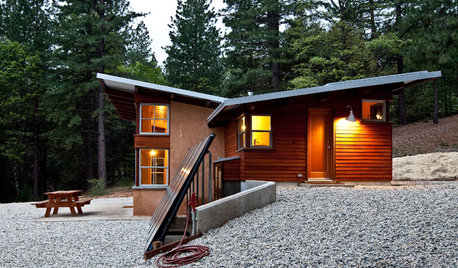
GREAT HOME PROJECTSHow to Add a Solar Water Heater
Lower energy bills without a major renovation by putting the sun to work heating your home’s water
Full Story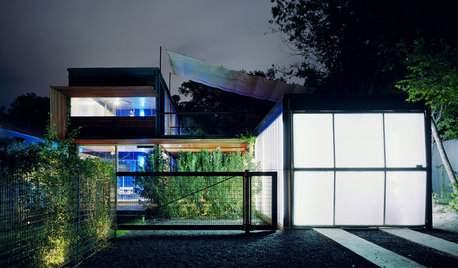
ARCHITECTUREWhat’s Fueling Austin’s Edgy Modern Architecture?
A look at the blossoming design scene in Texas’ capital city — and what’s behind all the experimentation
Full Story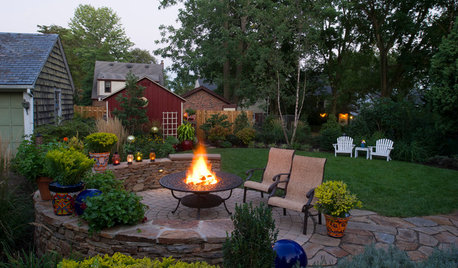
GARDENING AND LANDSCAPING7 Outdoor Fire Features Fuel the Soul
Spark some backyard bonding with a fireplace or fire pit, taking inspiration from these shining examples of great design
Full Story
GREEN DECORATING8 Questions to Help You See Through Green Hype
With the ecofriendly bandwagon picking up some dubious passengers, here's how to tell truly green products and services from the imposters
Full Story
REMODELING GUIDESConsidering a Fixer-Upper? 15 Questions to Ask First
Learn about the hidden costs and treasures of older homes to avoid budget surprises and accidentally tossing valuable features
Full Story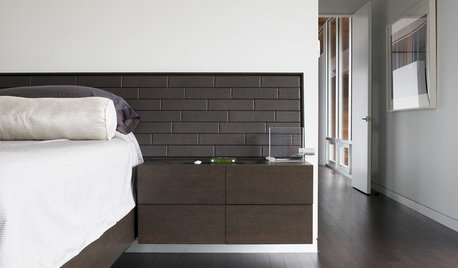
FLOORSFloors Warm Up to Radiant Heat
Toasty toes and money saved are just two benefits of radiant heat under your concrete, wood or tile floors
Full Story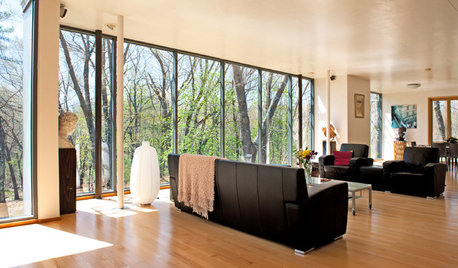
BEFORE AND AFTERSMy Houzz: A 1950s Bungalow Grows Up and Greens Out
Beauty and energy efficiency go hand in hand in this expanded and renovated Massachusetts forest home
Full Story
FALL AND THANKSGIVINGSimple Pleasures: A Cozy Home in Cold Weather
Stock up on these treats and essentials to make even blustery days and snowed-in time feel special
Full Story
EARTH DAYGrow a Beautiful Garden With Ecofriendly Greywater
Reducing home water waste means lower bills and a healthier planet. Here's how to set up a greywater home irrigation system that can help
Full Story






ionized_gw
jackfre
Related Professionals
Old Saybrook Solar Energy Systems · Rehoboth Solar Energy Systems · Broomfield Home Automation & Home Media · Chattanooga Home Automation & Home Media · Fairfield Home Automation & Home Media · Norwalk Home Automation & Home Media · Pittsburgh Home Automation & Home Media · San Pablo Home Automation & Home Media · St. Johns Home Automation & Home Media · Federal Heights Home Automation & Home Media · Sugar Hill Home Automation & Home Media · Worcester Electricians · Beaufort Fireplaces · Channelview Fireplaces · Ventura Fireplacesjsg26Original Author
ionized_gw
jsg26Original Author
jackfre
ionized_gw
berto87